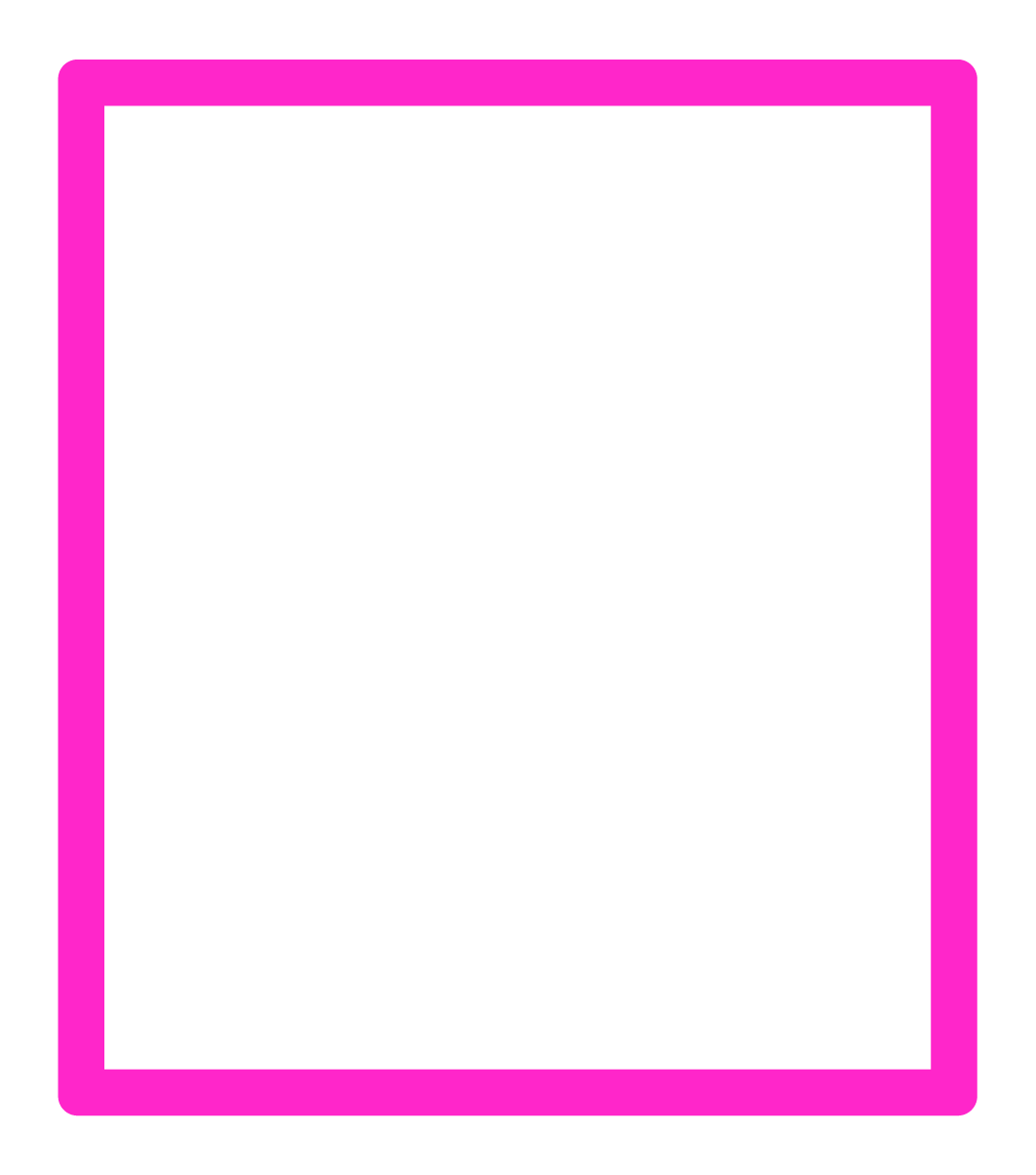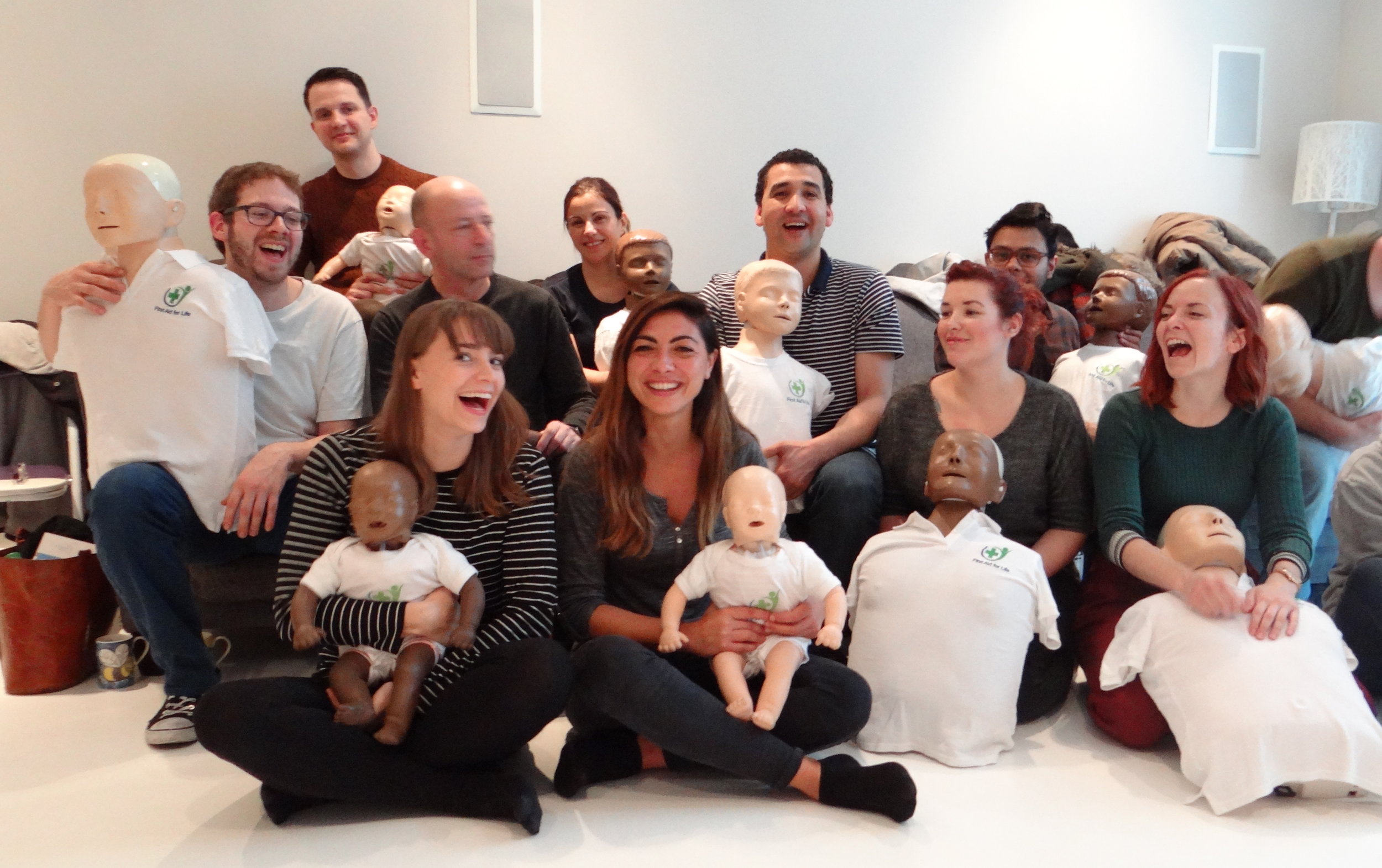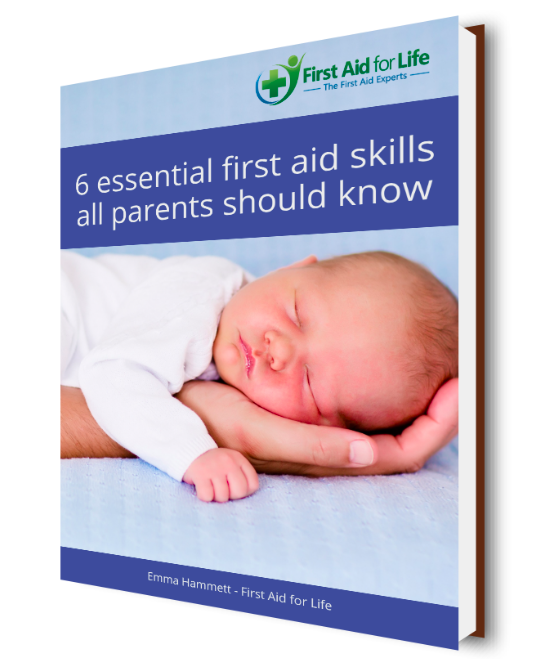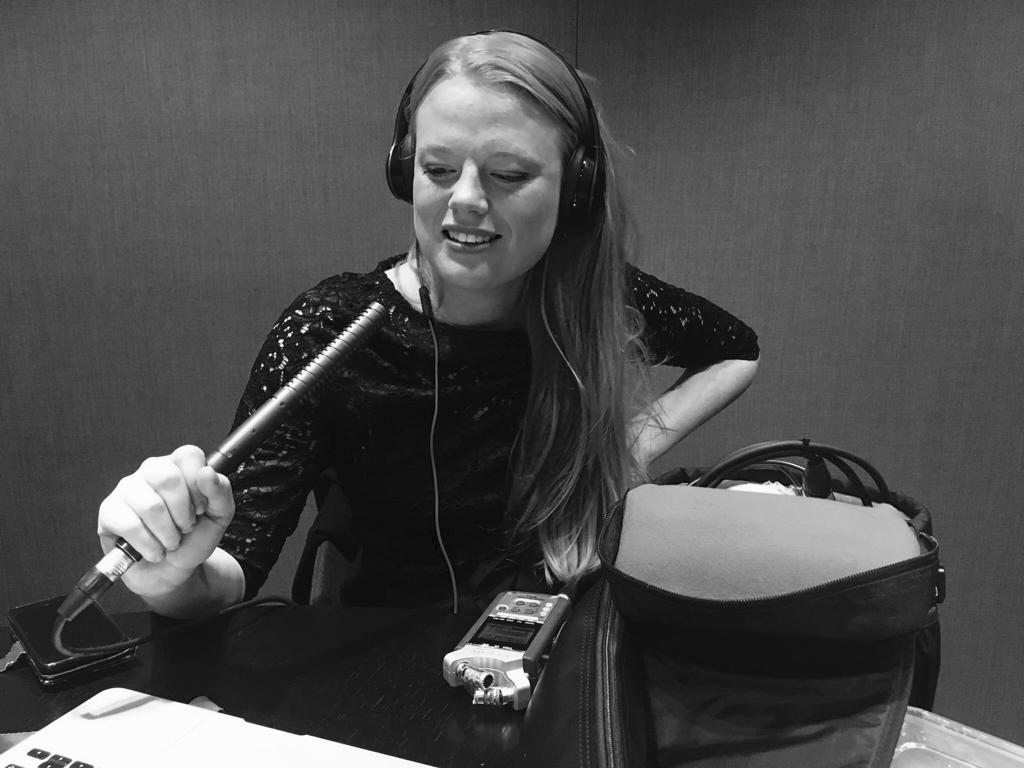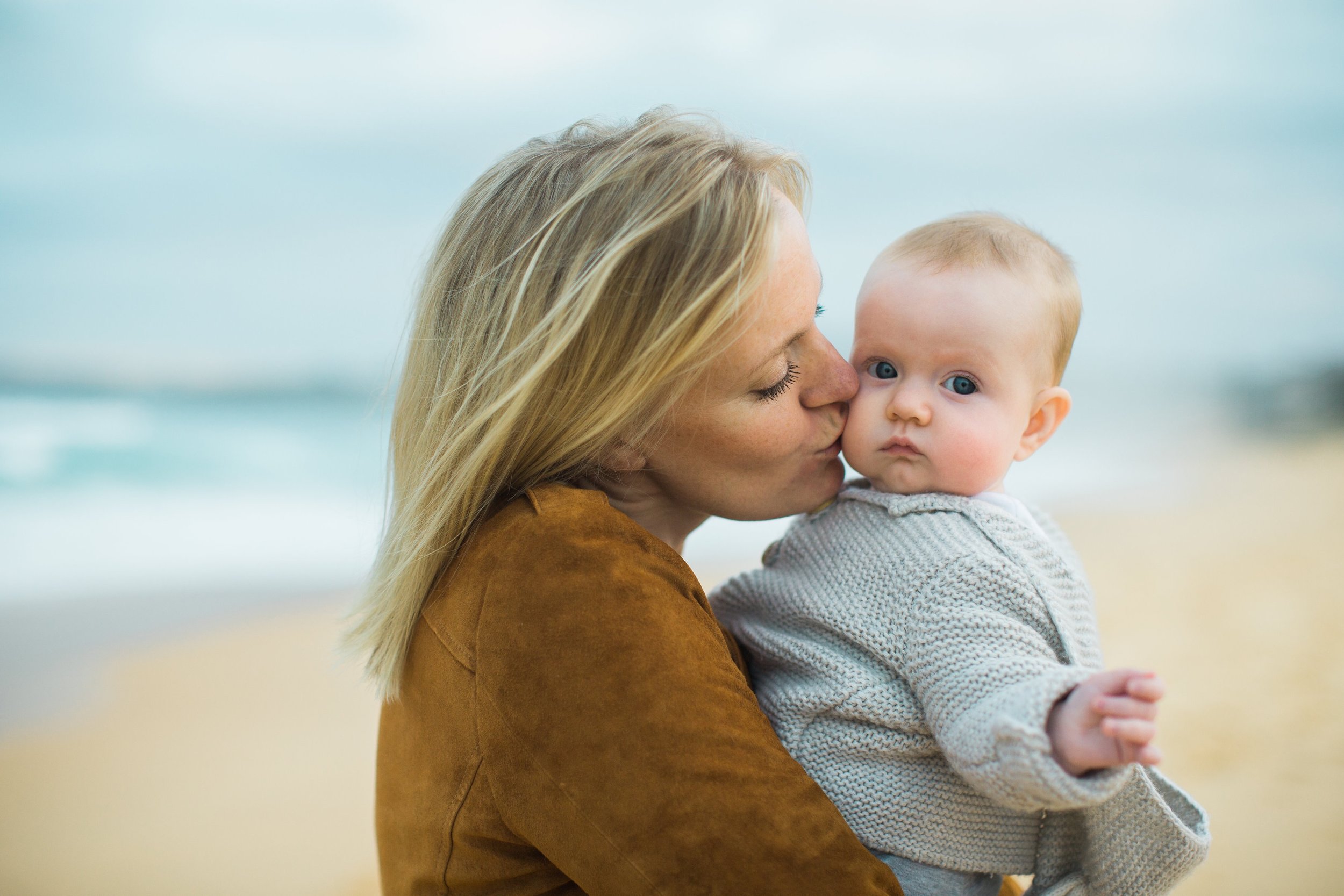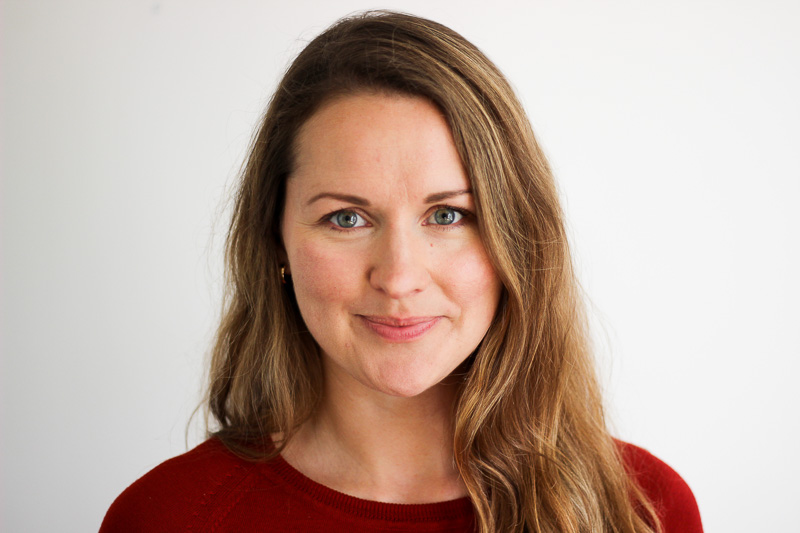Is simply bringing the conversation of diversity and inclusion to the table enough to effect change?
Has it been at the table so long now that the mere mention of the word causes eyes to glaze over? And how do you define diversity? How can you ensure that you’re being truly intersectional in that conversation and treating people as the multi-faceted individuals that they are?
Authored by CLO PR and Mac&Moore
““If we aren’t intersectional, some of us, the most vulnerable, are going to fall through the cracks.” Kimberlé Williams Crenshaw”
Last week we were lucky enough to attend a panel event featuring some incredible women who aimed to provide some of the answers to these questions (among many others). We like to think of ourselves as pretty well versed on this subject and are constantly sharing interesting articles on the CLO PR / Mac&Moore Slack channel. But it’s safe to say we were blown away by the complexity of the insights, the statistics that made our jaws drop into our respective peppermint teas, and the sense of how much of the issue is still unresolved.
We wanted to team up to write this blog and share some of our key takeaways from the event, hopefully keeping the (incredibly important) subject at the forefronts of people’s minds and sparking some positive action.
Dr Debbie Weekes-Bernard, Deputy Mayor of London for Social Integration, pointed out that whilst we’re in a time with more opportunities and greater strides have been made, there is much more work to do to improve the status quo. Following Debbie, a host of brilliant women spoke from Business in the Community, Association of British Insurers, GLA, TUC, High Pay Centre, Clean Break and Fabian Women’s Network. The message that really permeated throughout the whole session was the need for organisations to take immediate action to deliver positive impact but ensure that intersectionality is actively included in any legislation or policy implementation to avoid isolating individuals even further.
Organisations need to get the basics right
Getting the basics right means creating a truly agile organisation, with every employee being able to work in a way that makes them productive and engaged. HR practices need to shift to ensure that teams don’t just look different but perform differently too. The Business In The Community’s Project 28-40 helped to address this by giving businesses the tools to set aspirational targets and stick to them. Project 28-40 highlighted that women want to step up and be at parity with men. They found that women have similar confidence levels and the same top three ambitions as men and 77% of women are confident in their ability to lead a team. Women want better management of their talent and stronger support for their career development. It’s time to look at the figures and talk to staff and see where the issues are, as well as reviewing policies so no one gets lost in the structure. Organisations need to set their aspirations high to achieve this balance.
It takes a truly intersectional approach to create change
Since 1997 the gender pay gap has lessened a pitiful amount from 15.1% to 14.6%, and the ethnicity pay gap still has an even greater figure attached to it. In order to close the gender pay gap, we need to address the race gap too. The Mayor’s office has conducted its own gender pay gap review and it’s been 2 years since it introduced one for ethnicity. Organisations must create environments that allow us to bring our best selves to work through a truly intersectional approach. We are not all ‘one’ thing. There are dangers of tokenism: one lone person of colour isn’t intersectionality. One woman on the board isn’t intersectionality. No access for disabled people to work isn’t intersectionality. Only using ‘male’ and ‘female’ and excluding trans and non-binary individuals is not intersectional. The recruitment process should also go beyond this box-ticking exercise and inculcate an understanding of neurological diversity and the ways people behave and express themselves.
We need a new view of women
We are existing in a world where despite the fact progress has been made, outdated and harmful views about women are still deeply entrenched. That care is important for women over their main careers, that women are less profit-driven and more interested in sustainable living. We know that generally, women are performing a significantly higher number of hours of unpaid work, including caring for elderly relatives, children and carrying out household duties. We need to recognise that this IS work, and find a way to better support individuals in the workplace who have the most responsibilities outside of the workplace. The panel believed this was about putting ‘caring’ at the heart of the workplace, and that it would benefit everyone, not just women.
Both women and men need to be supported in different ways
Organisations need to defeat the flexible working stigma that holds women back. They need to allow for non-linear careers because their top talent will inevitably have times where their situations will change, and that applies to everyone. In order to address the balance, we should be encouraging men to be more flexible rather than women to be less. For example, 40% of men under 35 feel they can’t take shared parental leave because they cannot afford to. Organisations must support men in sharing the load; 9 out of 10 men felt they should but were scared because of how it could affect their career progression or how they are perceived by their peers.
Women need action plans
This isn’t about ‘Leaning In’, we need to fix the system, not women. We need to tap into the collective force of women to move forward, with clear action plans. There needs to be a holistic and sustainable work standard which involves inclusion, skill-development, progression and wellbeing of staff. Regular, fair and transparent performance reviews, clear definition of roles, better role-models, along with mentoring and coaching opportunities for women. And we should have all-female shortlists to ensure the balance is achieved, progress simply won’t be made fast enough without it.
Whilst CLO PR and Mac&Moore sit outside of the typical 'workplaces', that doesn't mean that we don't have an important role to play in communicating these issues and working with our clients to build more inclusive workplaces moving forward. Organisations must move the action from a diversity initiative to a core business priority. And we need to all embrace the fact that change can’t be made without this getting uncomfortable at times.
The only disappointing thing was the fact that despite not mentioning the word ‘women’ anywhere in the title (gender was as close as we got), there were approximately four men in the audience. There still seems to be a disconnect between the issues of equality, gender and intersectionality and the presence of men at these events. We speak to countless excellent gentlemen who talk about wanting to make a difference or support the cause … but the bums on seats seem to always be female. Can we really hope to redesign the workplace (for the benefit of everyone) without the other 50% in the room? What will it take to attract men into both these spaces and conversations?
If you want to check out the amazing work being done by the panellists, see below for Twitter handles:
Sian Elliott - Women’s Equality Policy Officer, TUC - @SianCElliott
Ashleigh Rose-Harman - Clean Break - @CleanBrk
Victoria Akintomide-Akinwamide - Fabian Women’s Network - @TheVickyGal
Dr Debbie Weekes-Bernard - Deputy Mayor of London - @debs_wb
Miranda Cochrane - Diversity and Inclusion, ABI - @BritishInsurers
Kaammini Chanrai - Gender Research and Policy Officer, BITC - @KaamminiC
Farah Elahi - Trustee of the Runnymede Trust - @Farahelahi
Deborah Hargreaves - Founder of the High Pay Centre - @deborahharg
